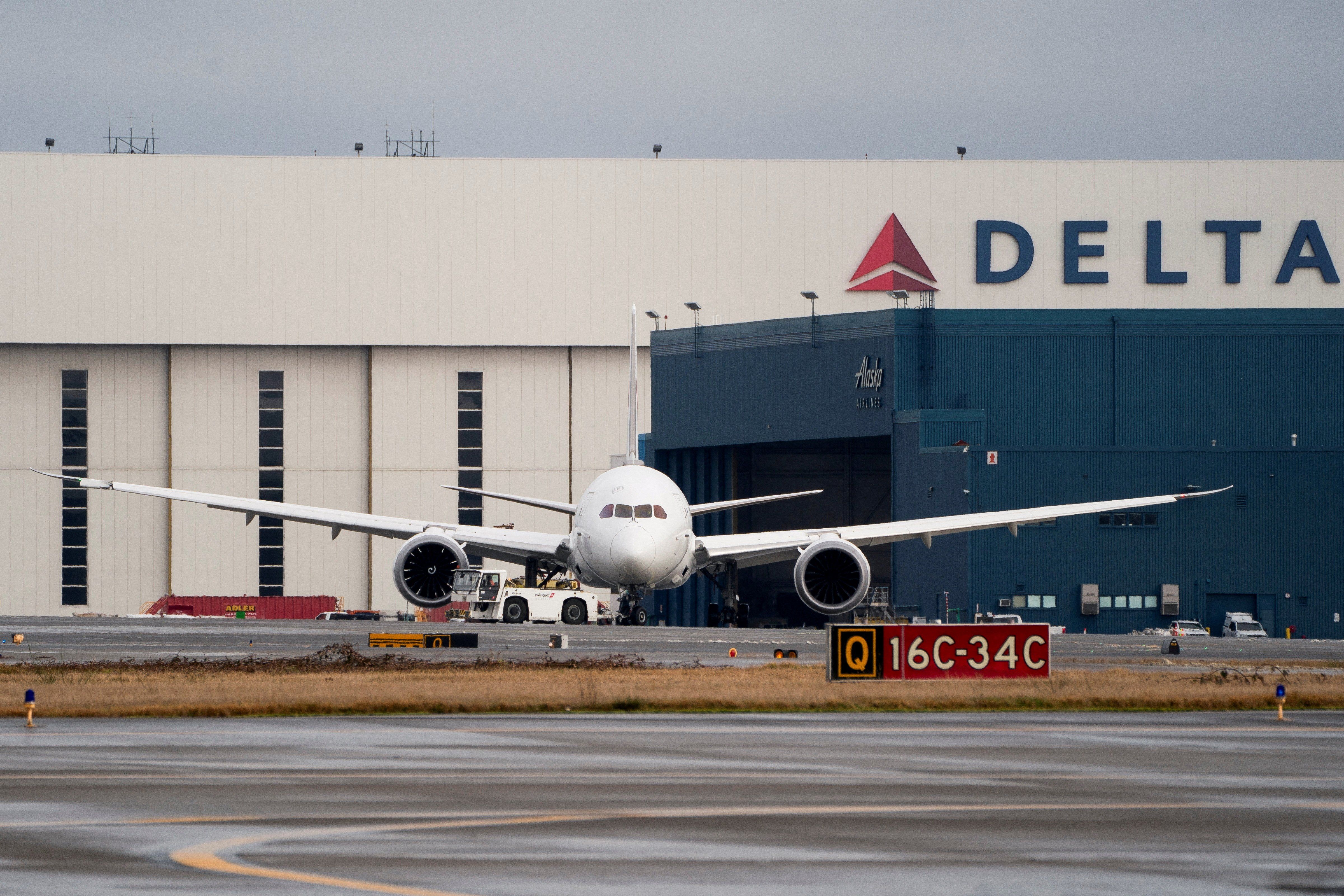Sens. Ruben Gallego (D-AZ), Richard Blumenthal (D-CT), and Mark Warner (D-VA) wrote a letter to Delta Air Lines CEO Ed Bastian on Monday, demanding answers for recent reports that the company intends to use artificial intelligence to adjust airfares individually per passenger for maximum profit.
Delta has said that its test AI program was successful, and plans to expand it — sparking consumer rights fears.
"Delta's current and planned individualized pricing practices not only present data privacy concerns, but will also likely mean fare price increases up to each individual consumer's personal 'pain point' at a time when American families are already struggling with rising costs," the senators wrote. "As recently reported, Delta plans to deploy AI-based revenue management technology across 20 percent of its domestic network by the end of 2025 in partnership with Fetcherr, a company specializing in using AI to set prices to maximize company profit for large airlines."
The senators noted that former FTC Chair Lina Khan "cautioned against a particularly egregious but conceivable example of an airline using AI to charge a higher fare to a passenger 'because the company knows that they just had a death in the family and need to fly across the country,'" and added that as it stands, "Consumers have no way of knowing what data and personal information your company and Fetcherr plan to collect or how the AI algorithm will be trained."
They urged Delta to answer a number of questions they have about their planned consumer practices, including "What data inputs does Delta use to train its revenue management system algorithm for purposes of setting customized prices for fares or any other product, and what other data inputs, if any, has Delta discussed using for those same purposes in the future?" and information on how many passengers and routes will be affected by their current expansion target.
Delta has denied that their use of AI is anti-consumer, telling Fortune, "Our fares are publicly filed and based solely on trip-related factors like advance purchase and cabin class, and we maintain strict safeguards to ensure compliance with federal law."
This comes at a moment when AI and the regulation around it is growing more contentious in political debate. A controversial provision to prohibit states from regulating AI for ten years was intensely debated in President Donald Trump's tax cut megabill, and ultimately dropped over public outcry.
